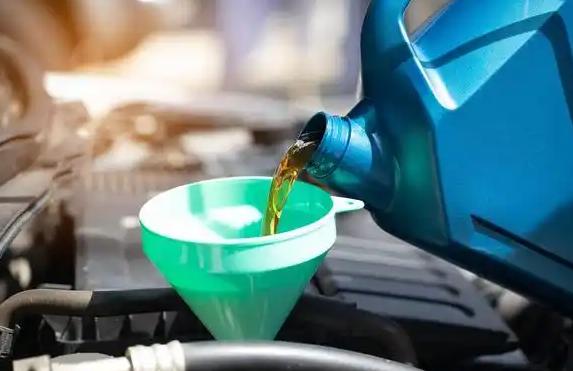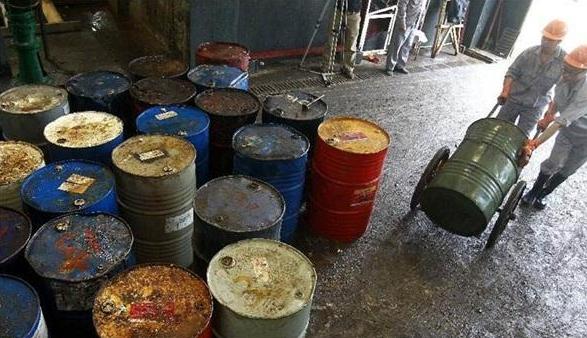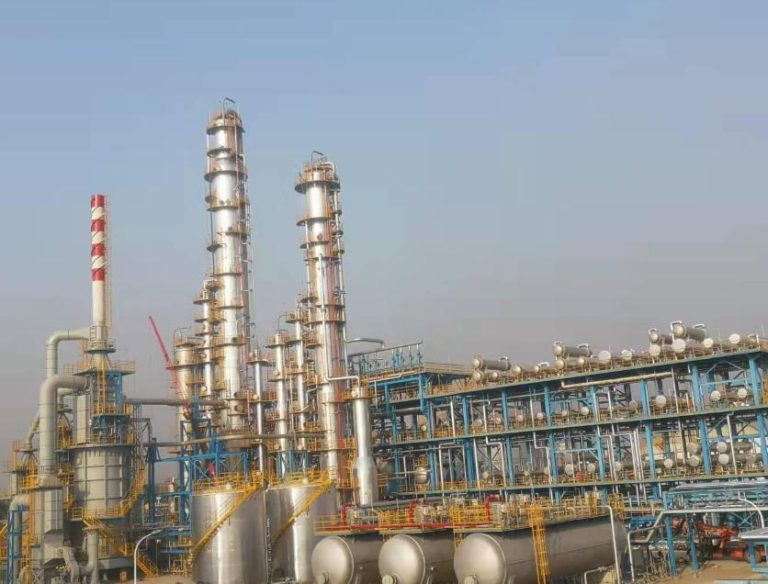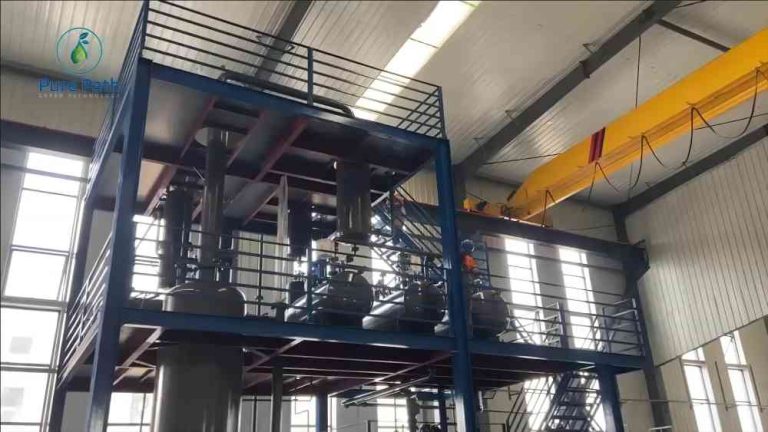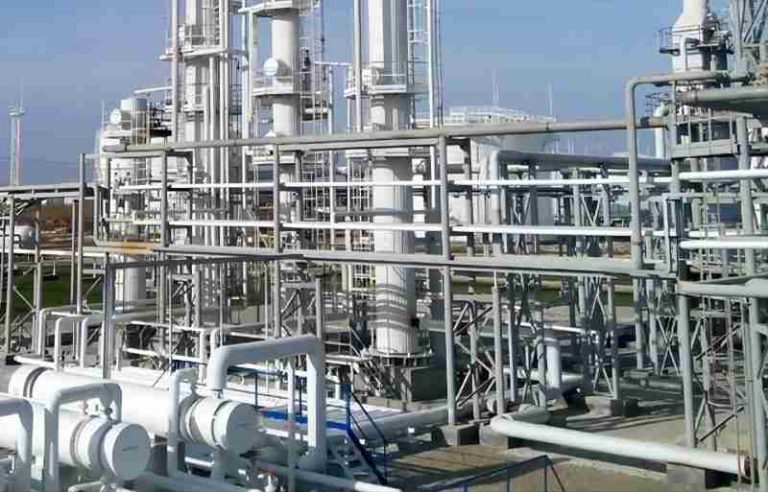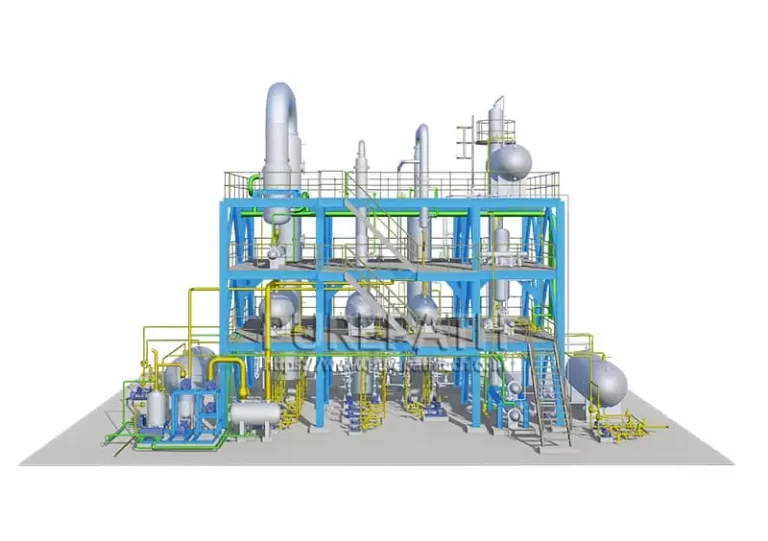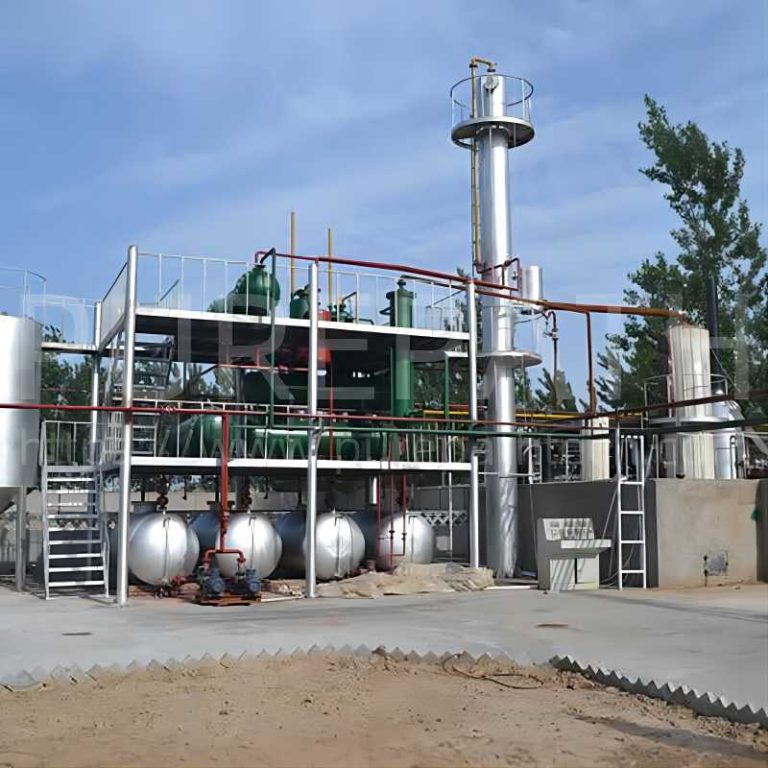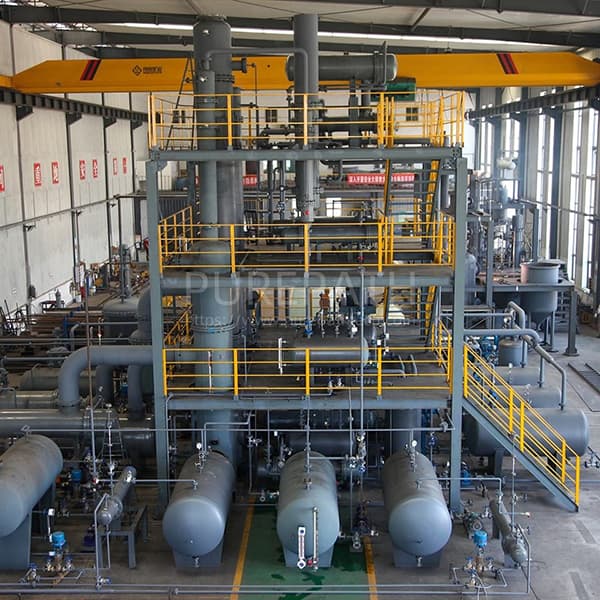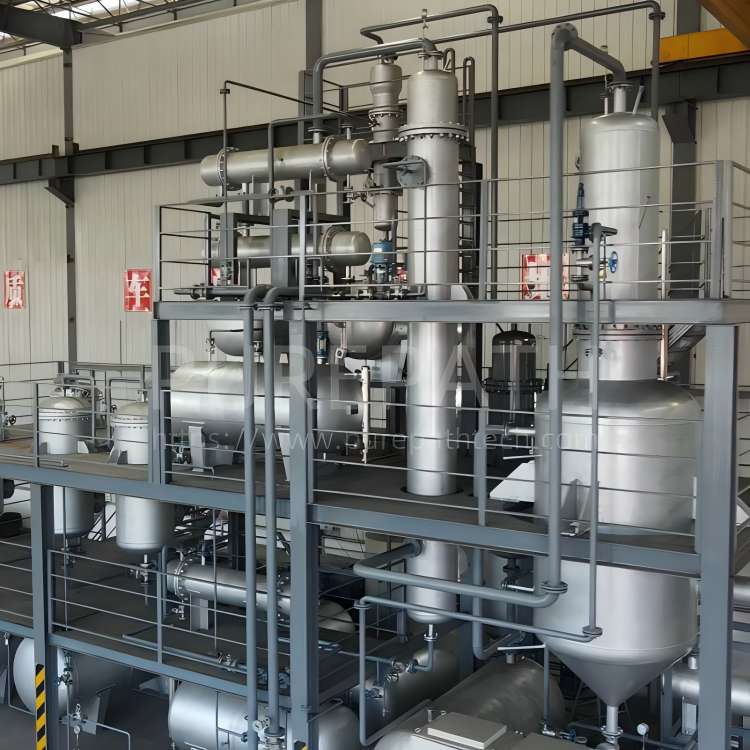The Role of Solvent Extraction in Biodiesel Production
Biodiesel is an eco-friendly alternative to diesel, produced from renewable resources like vegetable oils, animal fats, and algae. A key element in biodiesel production is solvent extraction – one of the key steps is extracting oil from feedstock, where solvent extraction plays an integral part. In this article, we explore its significance, principles used in solvent extraction as well as commonly utilized solvents during this process and its advantages.


